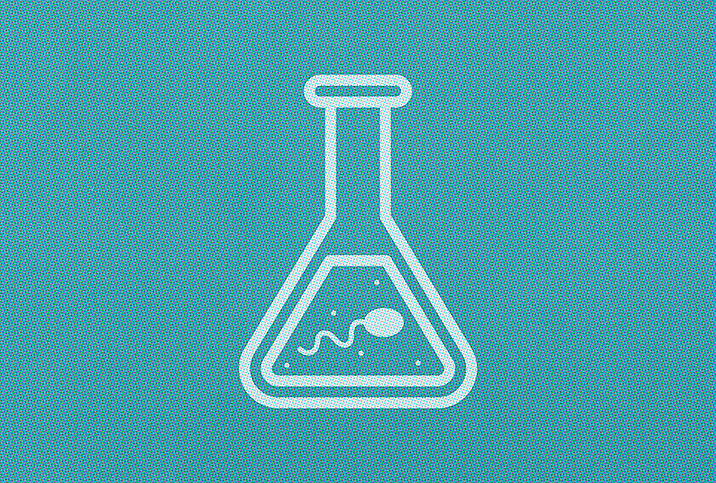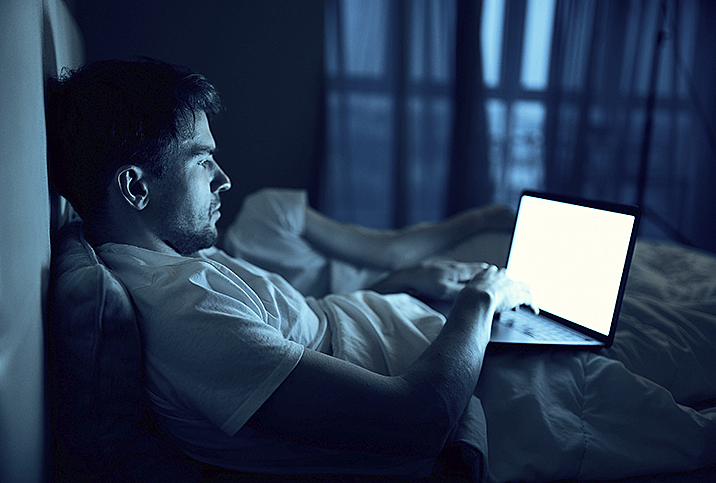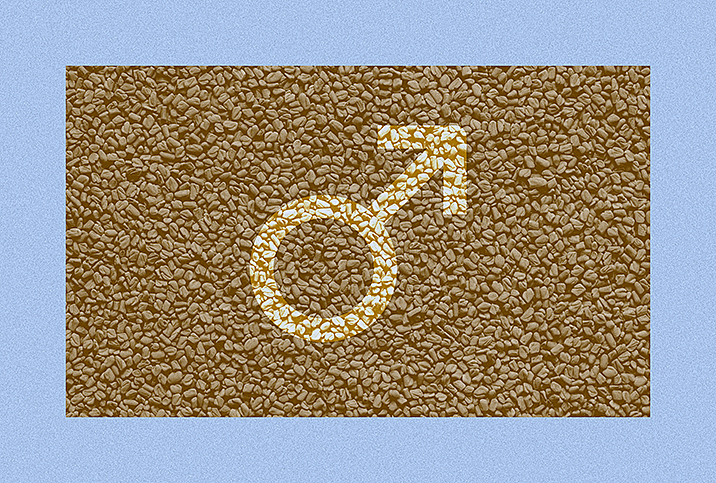Depression and its Effects on Male Fertility

Depression is an uncomfortable subject for many people, as mental health carries a stigma in the United States and other Western countries. Talking about it is often viewed as weakness, and seeking treatment can be viewed as an inability to be self-reliant.
These cultural tendencies are seen across genders, but males suffer most. Outdated gender roles and unyielding expectations placed on men by themselves and others are creating an unhealthy social and psychological dynamic.
When these factors contribute to or result in depression, negative thought patterns can spread from mind to body. While experiencing depression, a man's sex hormones rapidly drop while stress hormones spike, causing mood shifts and energy drains that can impact a man's social life, relationships and work performance. When the big picture is taken into consideration, depression and male fertility are closely linked to larger trends and social expectations that need to be significantly altered and updated.
Depression & the male body
Depression is a slippery slope, and it's important to note the ways it can begin. Some men have a biological predisposition for depression, but it's usually a combination of life events that results in a clinical diagnosis. Though this mental disorder has numerous levels of severity, some features of depression in men include:
-
Low energy and decreased interest in hobbies or relationships
-
Decreased sex drive and lowered testosterone
-
Unusual weight gain or loss
-
Erectile dysfunction (ED), premature ejaculation and other sexual dysfunctions
-
Difficulty sleeping or sleeping too much
-
Decreased appetite or eating too much
The connection between depression and sexual performance is causal, meaning men who experience these symptoms because of depression could suffer worsening depression, which in turn continues to increase the severity of their sexual dysfunctions in a negative feedback loop.
According to a 2011 article by Harvard Health, 10 to 17 percent of men will experience symptoms of major depression in their lifetime. They suffer from it less often than women do, but they also seek help for it less often and are four times more likely to commit suicide during a depressive bout, so treatment of depression in men is critical.
Depression causes damage to sperm
Depression can prevent men from having healthy, motile sperm. A 2018 National Institute of Health study indicated 50 percent of men seeking in vitro fertilization (IVF) treatments had depression. Another 2017 study published in Neuroendocrinology Letters reported men with depression and anxiety had higher levels of cortisol, the hormone associated with inflammation, in their body. These men had markedly lower ejaculatory volume and semen concentrations than non-depressed men, and the researchers hypothesized that the effects of emotional turbulence can put the body—reproductive organs and all—into a constant fight-or-flight state.
The evidence is growing. Research from 2018 found men with depression were as much as 60 percent less likely to be able to impregnate their partner than non-depressed men.
Despite the emotional weight and turmoil associated with this mental disorder, opening up about its effects and seeking treatment is the best step a man can take to lessen the severity of this condition's symptoms on the body and mind. Opening up isn't exactly a strong suit for men; sociologists have long identified crippling, deep-running habits of emotional repression in males, blaming a large part of this process on gender roles and unfounded expectations for men that arise in childhood.
Until men with depression are able to develop emotionally and seek assistance with this serious mental disorder, their fertility—and quite possibly their life—is on the line.


















